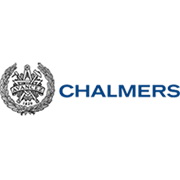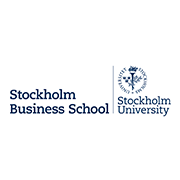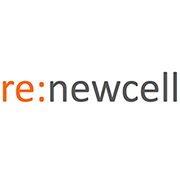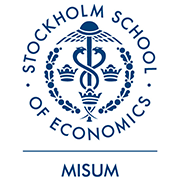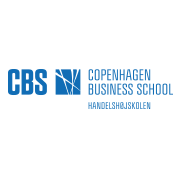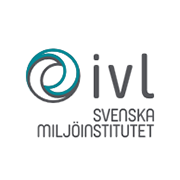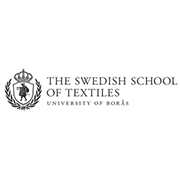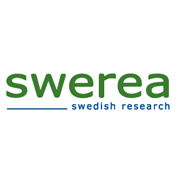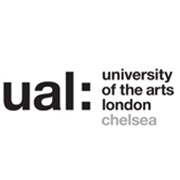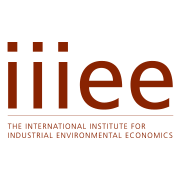research partners
Stockholm Business School is one of the largest departments of Stockholm University. The University, which dates back to 1878, is a regional centre for research and education, set in a wonderful cultural and natural environment in the world’s first national city park.
The school aims to develop the learning process in such a way that creative thinking and critical reasoning are the guiding principles for the entire study programme. Our courses are based on the latest research. Close contacts with the worlds of business and research, both at a national and international level, allow us to offer a transnational education.
re:newcell is a small technology company that was founded in January 2012 by a group of researchers from KTH Royal Institute of Technology and a small investment company. The company has through this co-operation accomplished a new ground breaking recycling process of cotton and other cellulosic textiles such as viscose into new textile fibres.
Copenhagen Business School (CBS) is one of the largest business schools in Europe with 20,000 students and 1,500 employees. Copenhagen Business School has a very broad international cooperation network, attracting more than a thousand students from abroad every year.
CBS leads theme 3 – how can users contribute to a more sustainable fashion?, looking from user perspective, policy perspective and business perspective.
IVL, Swedish Environmental Research Institute, is an independent, non-profit organisation, owned by a foundation jointly established by the Swedish Government and Swedish industry. The waste group at IVL works with the entire waste hierarchy, focusing on waste prevention and creation of circular material flows. Furthermore, IVL assesses policy instruments for waste management as well as provide the national government with basis for decision making. IVL has a deep experience of waste data and waste flows and is an active part in collecting waste statistics on a national level via the consortium SMED.
The Swedish School of Textiles combined the creativity of art is with the ingenuity of technology. The degree programs cover the entire field of textiles, from design through manufacturing to management and technology. It is a part of the University of Borås, was founded in 1866 and holds about 900 students. The school is based in the Textile Fashion Center – a building with lecture halls, textile workshops and well-equipped laboratories that cater for everything related to textiles.
MoRe Research is an independent and neutral research and development company for the pulp and paper industry, chemical industries and biorefineries. MoRe Research has a wide range of pilot equipment in combination with extensive analysis equipment. The business will be a complement to, and a bridge between, industry development teams and academy’s research units. MoRe´s goal is to actively participate in research and development projects, as well as providing expertise, experience and technical resources for factory-oriented development of industrial processes and products based on renewable fiber raw materials.
PlanMiljø is a Danish consulting company, established in 1990. Its mission is to provide innovative and contextual consultancy on a highly professional and ethical level and to contribute to an improvement of the environmental activities and organizational development. PlanMiljø works with environmental projects in a wide sense, including green business models, strengthening of governmental capacities, introducing environmental management and new technologies, green procurement, systems for waste management, and formulating and evaluating national and international projects.
Swerea IVF carries out research and development within large parts of the textile value chain, from the spinning of functional fibres using different technologies, to refined textile structures as non-woven materials, product design, studies of simulated and actual use and the destruction or recycling of textiles.
Swerea IVF leads theme 2 – how to promote a more sustainable circular supply chain.
University of the Arts London (UAL) is Europe’s largest specialist arts and design university, with close to 19,000 students from more than 100 countries. UAL brings together six esteemed arts, design, fashion and media Colleges: Camberwell College of Arts; Central Saint Martins; Chelsea College of Arts; London College of Communication; London College of Fashion; and Wimbledon College of Arts.
Chelsea College of Arts leads the 1 – how to design for a circular economy?
The RISE institutes Innventia, SP, and Swedish ICT have merged in order to become a stronger research and innovation partner. Through our international collaboration programmes with academia, industry, and the public sector, we ensure the competitiveness of the Swedish business community on an international level and contribute to a sustainable society. Our 2,200 employees support and promote all manner of innovative processes, and our roughly 100 testbeds and demonstration facilities are instrumental in developing the future-proofing of products, technologies, and services. RISE Research Institutes of Sweden is fully owned by the Swedish state.
RISE coordinates the Mistra Future Fashion program and leads theme 4 – how to increase textile fiber recycling?
The IIIEE, International Institute for Industrial Environmental Economics, is an international, interdisciplinary centre for research and education at Lund University. They promote sustainability solutions pursued by public authorities and businesses by assessing governance and management processes, evaluating policy interventions and business models, and exploring visions and scenarios for sustainable futures.

